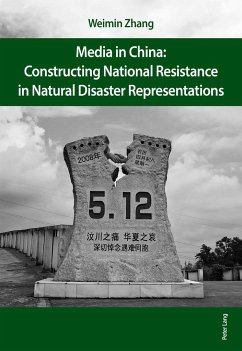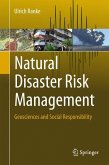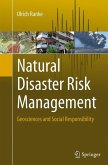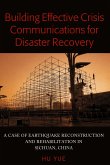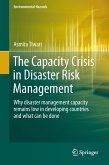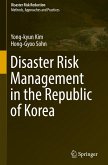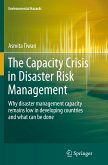This book examines how media can be used in facilitating crisis control following natural disasters. Set in the context of the contemporary Chinese nationalistic culture this book dissects how Chinese media enhances disaster relief by constructing the meaning of it. It takes a historical overview of the negotiations between discursive power and media coverage of natural disasters in Chinese media. It then conducts a case study of the 2008 Wenchuan earthquake to analyze how Chinese media enhance crisis control in engaging with contemporary Chinese nationalism. In examining the mediated disaster relief closely relevant to this study within a global context this book briefly analyzes the Australian media's representation of the 2013 Tasmanian Bushfire. In a penetrating investigation of the research question a systematic theoretic framework is structured consisting of the theories of representation, discourse and power, cultural identity, media framing and narratives.
Bitte wählen Sie Ihr Anliegen aus.
Rechnungen
Retourenschein anfordern
Bestellstatus
Storno

